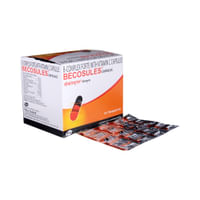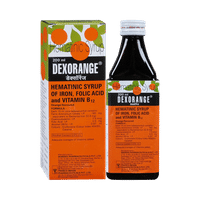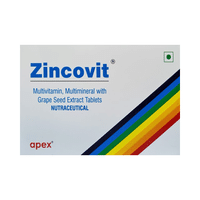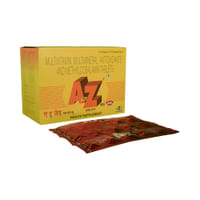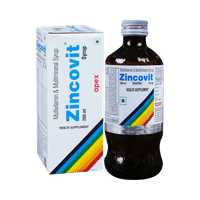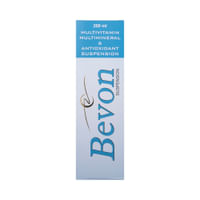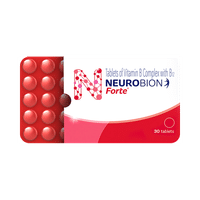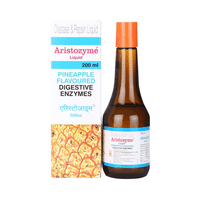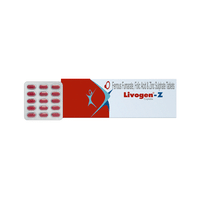Actifed 25 mg/2.5 mg Tablet

food interaction for Actifed
alcohol interaction for Actifed
pregnancy interaction for Actifed
lactation interaction for Actifed
food
alcohol
pregnancy
lactation
Actifed 25 mg/2.5 mg Tablet may be taken with or without food, but it is better to take it at a fixed time.
None
None
CAUTION
It is not known whether it is safe to consume alcohol with Actifed 25 mg/2.5 mg Tablet. Please consult your doctor.
CONSULT YOUR DOCTOR
Actifed 25 mg/2.5 mg Tablet may be unsafe to use during pregnancy. Although there are limited studies in humans, animal studies have shown harmful effects on the developing baby. Your doctor will weigh the benefits and any potential risks before prescribing it to you. Please consult your doctor.
CONSULT YOUR DOCTOR
Actifed 25 mg/2.5 mg Tablet is probably safe to use during breastfeeding. Limited human data suggests that the drug does not represent any significant risk to the baby.
SAFE IF PRESCRIBED
SALT INFORMATION FOR Actifed
Pseudoephedrine(25mg)
Uses
Pseudoephedrine is used in the treatment of nasal congestion. It is also used to treat sinus and upper chest congestion.
How it works
Pseudoephedrine is a decongestant. It works by narrowing the small blood vessels which provides temporary relief from inflammation (redness and swelling) and discomfort.
Common side effects
Nausea, Vomiting, Headache, Dryness in mouth, Hypersensitivity, Restlessness, Sleep disturbance
Triprolidine(2.5mg)
Uses
Triprolidine is used in the treatment of allergic conditions.
How it works
Triprolidine is an antihistaminic medication. It blocks the action of certain chemical messengers that are responsible for inflammation, congestion, itching, and other allergic reactions.
Common side effects
Sleepiness
SUBSTITUTES FOR Actifed
No substitutes foundExpert advice FOR Actifed
- Inform your doctor if you have heart, blood vessel, liver, kidney, bladder or prostate disorder.
- Seek immediate medical attention if you experience difficulty in breathing, swollen lips or skin, severe rashes and itching, hallucinations, restlessness or sleep disturbances.
- Inform your doctor if you are taking or have recently taken medication for any mental illness, high blood pressure or glaucoma (increased pressure inside the eye that causes visual problems).
- Do not take if allergic to pseudoephedrine or any of its ingredients.
- Do not take if medication is going for any mental disorder, nasal sprays for decongestion, high blood pressure.
- Do not take if suffering with kidney, heart, liver, blood vessel disorder or diabetes, hyperthyroidism, phaeochromocytoma (a rare tumor of the adrenal glands) or glaucoma.
- Do not take if below below 12 years.
- Do not take if Pregnant and breastfeeding.
Frequently asked questions FOR Actifed
Pseudoephedrine
Q. What is Pseudoephedrine used for?
Pseudoephedrine is used for the treatment of allergic conditions that cause runny nose or stuffy nose, sneezing and inflammation of the sinuses.
Q. Is Pseudoephedrine safe?
Pseudoephedrine is safe if used in the dose and duration advised by your doctor. Take it exactly as directed and do not skip any dose. Follow your doctor's instructions carefully and let your doctor know if any of the side effects bother you.
Q. What should I know before using Pseudoephedrine?
Before using Pseudoephedrine, you should tell your doctor if you are allergic to Pseudoephedrine or any of its ingredients to avoid any allergic reactions. Let your doctor know if you have or ever had any problems related to your eyes. Inform your doctor about all the other medicines you are taking because they may affect, or be affected by, this medicine. Inform your doctor if you are pregnant, planning to conceive or breastfeeding to prevent any harmful effects on the baby.
Triprolidine
Q. Dose Triprolidine cause drowsiness/does it make you feel drowsy/ sleepy?
Yes. Drowsiness and dizziness are common side effects of Triprolidine
Q. Is Triprolidine a sedative?
Triprolidine can produce effects like inducing sleep and drowsiness. However, it is not used as a sedative drug
Q. Is Triprolidine an expectorant?
No. Triprolidine is an anti-histamine drug used to relieve allergic symptoms of common cold and cough. It may be included in expectorant (aid expulsion of mucus as cough) or antitussive (used for dry cough) cough/cold preparations













